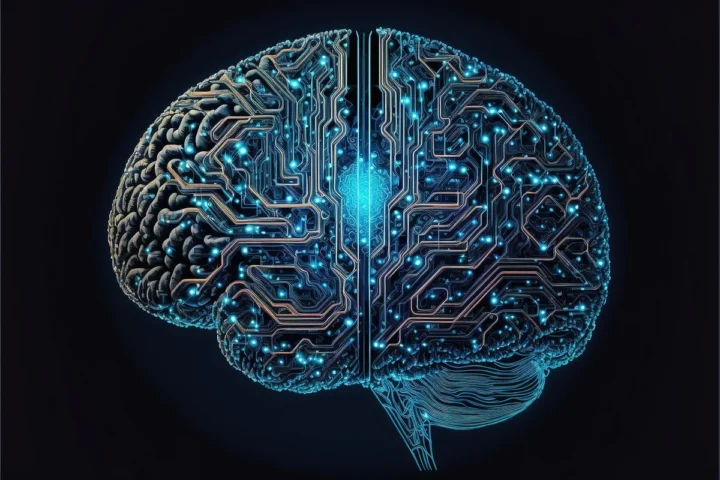In a landmark move, the European Union (EU) has positioned itself at the forefront of global AI governance, announcing comprehensive regulations that set clear rules for the use of Artificial Intelligence (AI). The historic deal, reached after a marathon 37-hour negotiation between the European Parliament and EU member states, marks a pivotal moment in shaping the digital landscape.
The European Union’s AI Regulatory Framework: A Game-Changer
European Commissioner Thierry Breton took to social media to declare the EU as the first continent to establish explicit guidelines for AI usage. This groundbreaking legislation, known as the AI Act, is poised to become the world’s first set of comprehensive laws governing artificial intelligence. The framework includes robust safeguards, ensuring responsible AI adoption within the EU.
Key Features of the AI Act: Balancing Innovation and Safeguards
The EU’s regulatory framework categorizes AI applications into four risk classes, reflecting a nuanced approach to different use cases. High-risk applications, including mass-scale facial recognition and AI tools for behavioral control, face stringent restrictions. However, certain high-risk applications, like AI in self-driving cars, will be permitted with certification and transparency obligations.
The legislation places a strong emphasis on individual rights, empowering consumers to launch complaints against perceived violations. It addresses concerns about the misuse of AI in law enforcement and restricts facial recognition technology. Governments are granted limited use of real-time biometric surveillance in public areas, subject to specific, serious threats such as terrorist attacks.
EU’s Leadership in Tech Regulation: A Decade-Long Trend
The EU’s proactive stance on AI builds on a decade-long trend of leadership in tech regulation. From safeguarding online privacy through the General Data Protection Regulation (GDPR) to curbing the dominance of tech giants via the Digital Services Act (DSA) and Digital Markets Act (DMA), the EU has consistently asserted its regulatory influence.
While the US has recently made attempts with executive orders and AI Bills of Rights, the EU’s approach remains distinctive. The legislative framework aims not only to regulate but also to serve as a launchpad for EU startups and researchers, positioning the continent as a leader in the global AI race.
Global Perspectives on AI Regulation: US, UK, and China in the Race
The EU’s move comes at a time when major players like the US, the UK, and China are also actively pursuing their own AI regulatory frameworks. The EU’s model will likely influence global discussions on responsible AI use, presenting a template for other nations to follow.
India’s Aspiration for Sovereign AI
While the EU and other nations are establishing regulatory frameworks, India is taking a unique approach. With a focus on “sovereign AI,” India aims to develop its own AI ecosystem, catalyzing economic development through real-life applications in healthcare, agriculture, governance, and language translation.
Shaping a Digital Future
As the EU sets a new standard with its AI regulations, the global tech landscape is evolving rapidly. The delicate balance between fostering innovation and safeguarding individual rights will undoubtedly be a focal point of discussions worldwide. The EU’s comprehensive AI laws signal a significant step toward responsible and ethical AI use, paving the way for a digital future guided by clear regulations and global collaboration.







